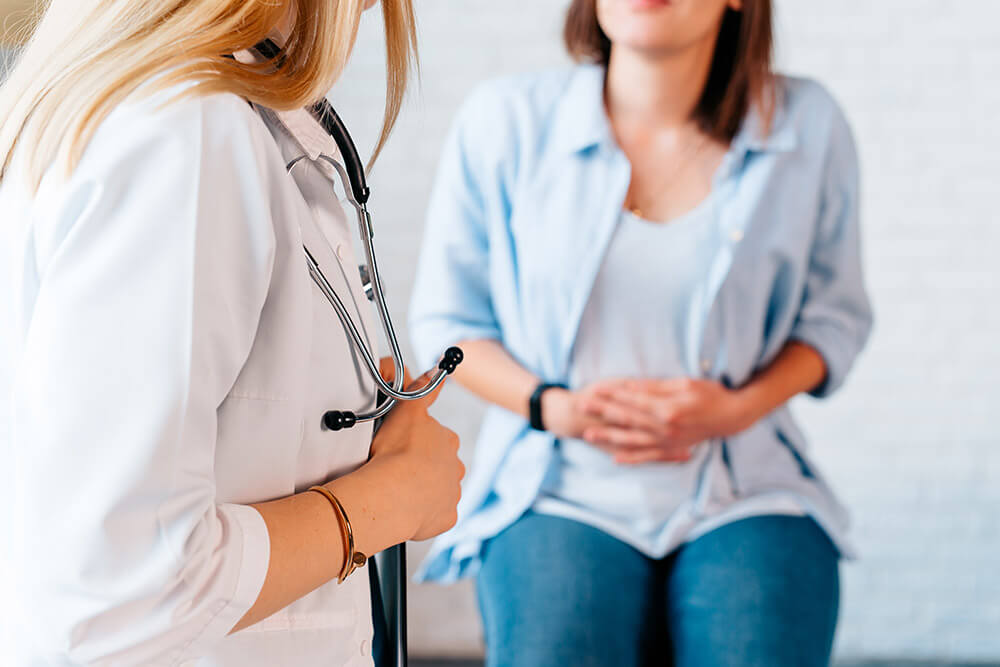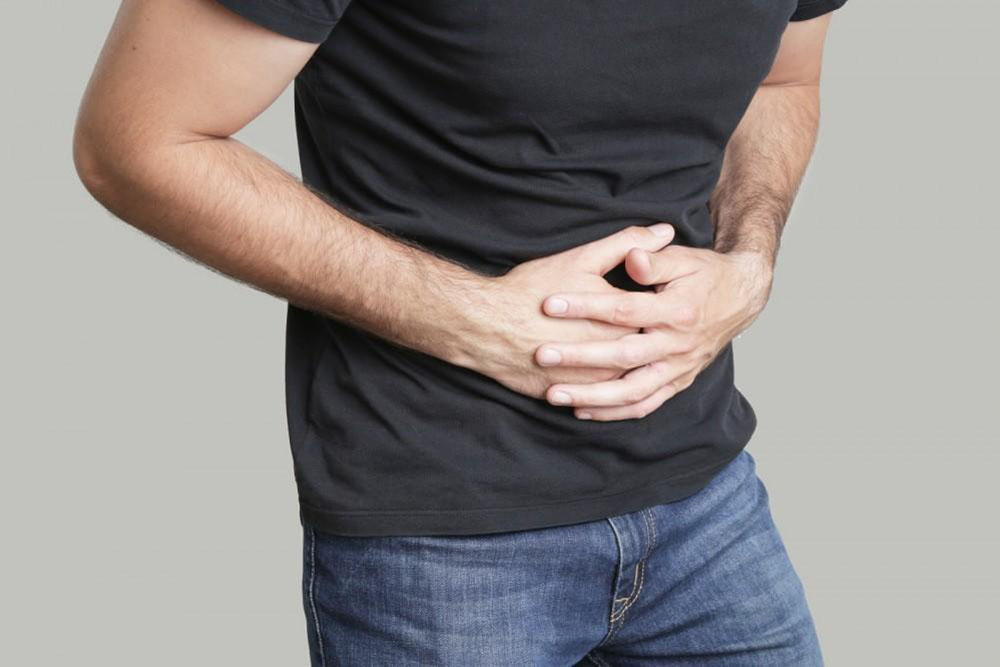How Dr. Nghia Nguyen Diagnoses?
Dr. Nguyen uses a step-by-step approach:
Medical History and Symptom Review
She asks detailed questions about your pain—when it began, how long it lasts, its quality (burning, gnawing, sharp), any relation to meals, and associated symptoms like heartburn or nausea. She'll also review your medications (NSAIDs, aspirin), alcohol use, prior ulcers or reflux history, and family digestive disorders.
Physical Examination
Dr. Nguyen performs a focused abdominal exam, applying gentle pressure over the epigastric area to check for tenderness, rebound, or guarding. he may also assess for signs of gallbladder disease (Murphy's sign) and listen for bowel sounds.
Laboratory Tests
- Complete blood count (CBC) to look for infection or anemia.
- Pancreatic enzymes (amylase, lipase) to rule out pancreatitis.
- H. pylori testing (breath, stool antigen, or serology) if ulcers are suspected.
- Liver function tests to evaluate biliary or hepatic causes.
Imaging Studies
- Abdominal ultrasound to evaluate the gallbladder, bile ducts, liver, and pancreas.
- CT scan of the abdomen if pancreatitis, masses, or vascular issues are a concern.
Endoscopic Evaluation
If peptic ulcer disease, gastritis, GERD, or non‐cardiac chest pain is suspected, Dr. Nguyen may perform an upper endoscopy (EGD). This allows direct visualization of the esophagus, stomach, and duodenum and the ability to biopsy lesions or treat bleeding ulcers.
Advanced Testing (if needed)
For refractory symptoms or atypical presentations, further tests such as 24-hour pH monitoring, gastric emptying studies, or MRI/MRCP may be ordered to pinpoint motility disorders, bile reflux, or structural abnormalities.

Frequently Asked Questions
What is the ICD-10 code for abdominal pain?
The general code is R10.9. Upper left abdominal pain is listed under R10.11.
When should I see a doctor?
See a doctor if your pain is severe, lasts more than a day, or comes with fever, vomiting, or blood.
Can diet changes really help?
Yes. Eating simple meals and avoiding trigger foods can reduce or prevent pain.
Is upper left belly pain serious?
Sometimes. It could be from gas, your spleen, or other causes. Dr. Nguyen can help find the exact source.
What causes lower belly pain in females?
It may be from menstrual cramps, ovarian cysts, IBS, or other digestive issues. Treatment depends on the diagnosis.
Are the procedures safe?
Yes. Most tests and treatments—like endoscopy or laparoscopy—are minimally invasive, low-risk, and have quick recovery times.
Does insurance cover this care?
Most insurance plans cover visits, tests, and treatments. Our staff can verify your benefits and help with pre-authorization.













